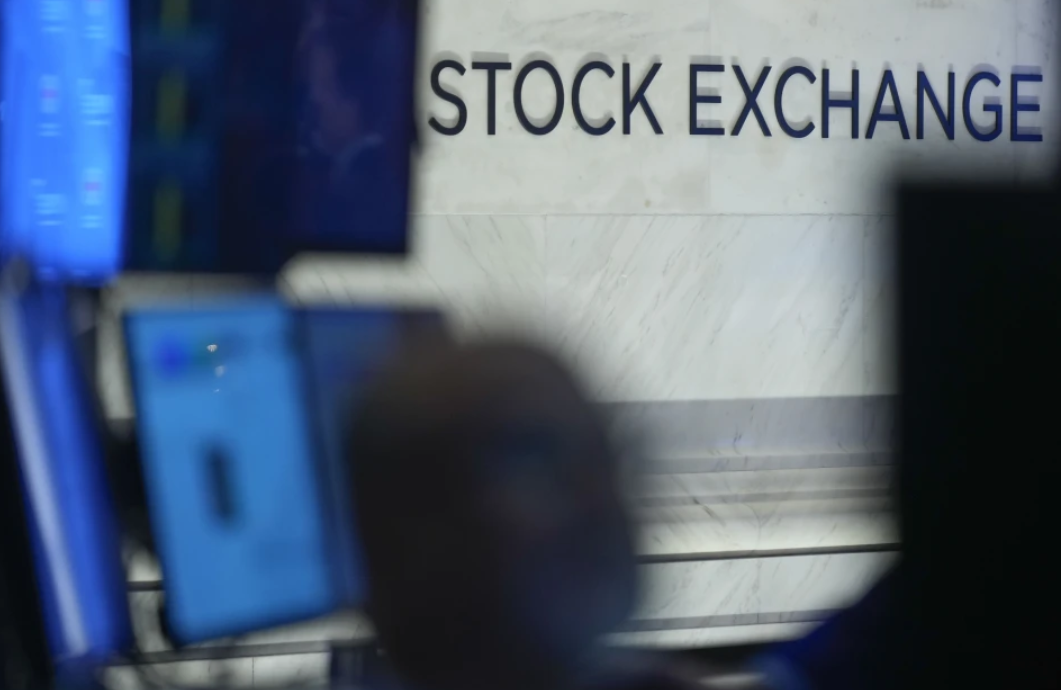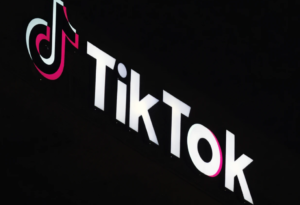Wall Street remained steady on Tuesday after a strong rally the day before, spurred by optimism that President Donald Trump’s tariffs may not be as extensive as initially feared.
The S&P 500 saw a slight increase of 0.2% in morning trading, following a 1.8% jump on Monday. Meanwhile, the Dow Jones Industrial Average rose by 50 points, or 0.1%, and the Nasdaq composite also climbed 0.2%.
U.S. stocks have regained much of the ground lost earlier this month when they dropped 10% below their all-time highs, marking the first “correction” since 2023. The S&P 500 is now down about 6% from its peak, making the market appear more reasonably priced compared to its earlier euphoric surge.
However, Wall Street experts caution that more volatility is likely, especially with the April 2 deadline approaching. This is when Trump has referred to as “Liberation Day,” marking the start of global tariffs on U.S. trading partners based on what he perceives as the economic burden they place on the United States. Monday’s market rally was fueled by hopes that Trump’s proposed “reciprocal” tariffs may be more focused than originally anticipated.
Ajay Rajadhyaksha, global head of research at Barclays, believes that markets are not fully acknowledging the potential risks of a tariff shock in early April. He notes that traders are anticipating increased volatility in the stock market, but he also points out that currencies like the Mexican peso and Canadian dollar have not weakened significantly since the last delay in tariffs.
Even if Trump’s tariffs ultimately turn out to be less damaging to the global economy than anticipated, the ongoing discussions around them have already undermined confidence among U.S. households and businesses. The concern is that this could prompt people to reduce spending and slow down the economy.
A report released on Tuesday revealed that pessimism among U.S. households continues to grow. The Conference Board’s consumer confidence index dropped more than expected, primarily due to a sharp decline in short-term expectations. The index has fallen to its lowest point in 12 years and is now well below the 80 threshold, which typically signals the possibility of a recession.
Like other recent surveys, the data indicated that U.S. households are more worried about the future of the economy than its current state. While consumer and business sentiment has worsened, actual economic activity and the job market appear to be holding steady.
On Wall Street, shares of Trump Media & Technology Group surged 8.8% after the company behind the president’s Truth Social platform announced a partnership with Crypto.com. The deal involves launching a range of “America-First” investment funds.
These exchange-traded funds will invest in bitcoin and other digital assets, as well as “Made in America” securities across various sectors like energy. Crypto.com will provide the backend technology, custody services, and supply the cryptocurrencies for the funds, which will be branded under TMTG’s Truth.Fi label.
Homebuilder KB Home fell 4.2% after reporting weaker-than-expected profits and revenue for the latest quarter. With the housing market already struggling, homebuilders may face rising costs due to tariffs, which they will likely pass on to buyers. A report released Tuesday indicated that U.S. sales of new homes last month were slightly below economists’ forecasts.
Spice company McCormick also saw a slight decline, dropping 0.2% after posting a weaker-than-expected profit. The company cited the “current uncertainty of the consumer and macro environment” as a factor affecting its performance.
Tesla’s stock was fluctuating between small gains and losses, most recently down 0.6%, following disappointing sales figures from Europe. Sales of Tesla’s electric vehicles in Europe dropped by nearly half during the first two months of the year, compared to the same period last year, even as the overall market for electric cars grew, according to the European Automobile Manufacturers Association.
The decline in sales may be attributed to factors like an aging model lineup and increasing competition from Chinese manufacturers like BYD. Additionally, Tesla faces potential backlash from CEO Elon Musk’s controversial actions, including his endorsement of Germany’s far-right party and a gesture at a Trump event that many interpreted as a Nazi salute.
Meanwhile, in international stock markets, European indexes rose after a mixed performance in Asia.
In the bond market, Treasury yields eased slightly. The yield on the 10-year Treasury dropped to 4.32% from 4.34% late Monday.














